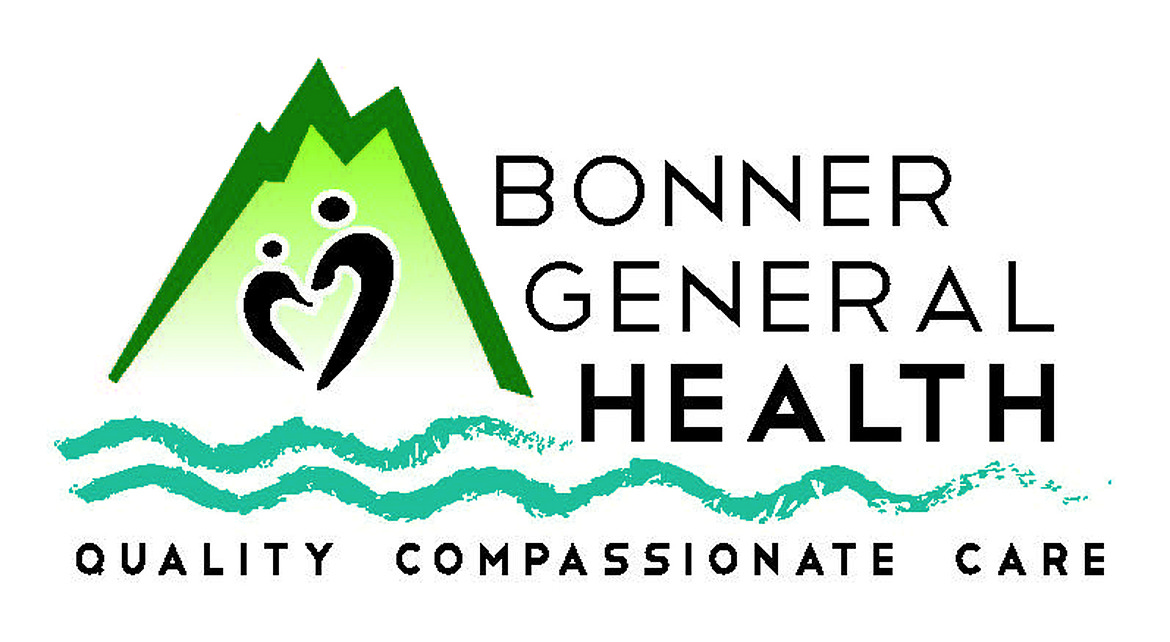Area seeing uptick in RSV infections
It’s bad enough that cold, flu, and COVID viruses are making the rounds right now, but there has also been an uptick in respiratory syncytial virus infections as well. My niece is a pediatric nurse practitioner in the emergency room at a large hospital in Eastern Washington. She said that she’s seeing many more RSV patients this year over last year...
Become a Subscriber!
You have read all of your free articles this month. Select a plan below to start your subscription today.
Already a subscriber? Login




